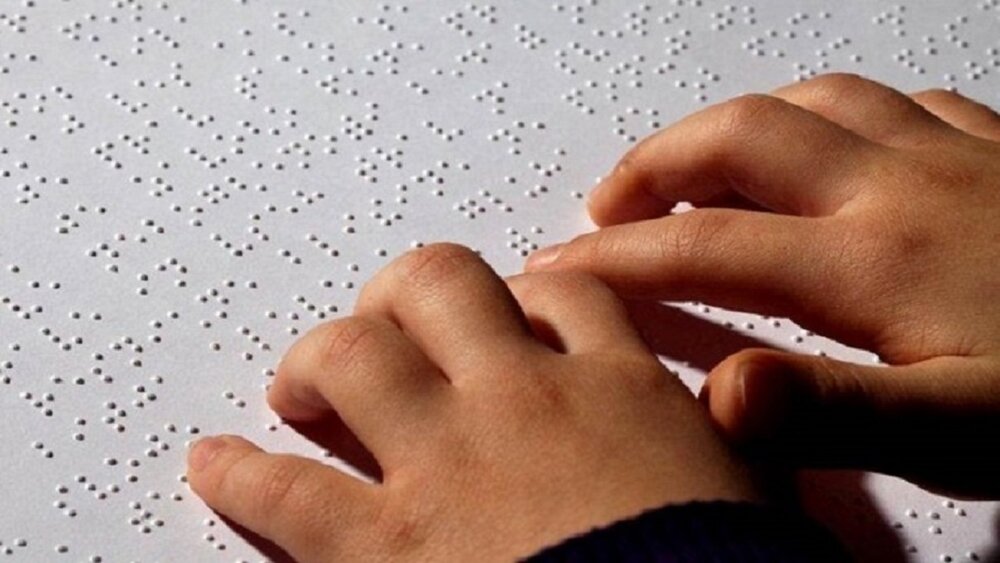Braille, a means of social inclusion for the blind

World Braille Day, celebrated since 2019, is observed on January 4 to raise awareness of the importance of Braille as a means of communication in the full realization of the human rights for the blind and visually impaired people.
It is estimated that approximately 2.2 billion people have a vision impairment or blindness, according to the Worth Health Organization (WHO), a billion of whom have either not had their condition addressed, or whose impairment could have been prevented.
Even under normal circumstances, persons with disabilities are less likely to access health care, education, employment and to participate in the community.
During the COVID-19 pandemic, life under lockdown has posed several issues in terms of independence and isolation, especially for people who rely on the use of touch to communicate their needs and access information.
The pandemic has revealed how critically important it is to produce essential information in accessible formats, including Braille and audible formats. Otherwise, many persons with disabilities could face a higher risk of contamination due to a lack of access to guidelines and precautions to protect and reduce the spreading of a pandemic.
COVID-19 has also emphasized the need to intensify all activities related to digital accessibility to ensure the digital inclusion of all people.
Persons with disability in Iran
According to the health ministry, there are around 30,000 visually-impaired children and some 7,500 blind children in Iran. It is estimated that more than 80,000 blind people of 50 years old and above are living in the country.
In 1993, the association of visually-impaired persons was established in Iran with the aim of helping them maintain and boost activity in society.
The association offers rehabilitation and welfare services in order to improve life skills, living conditions, and education for the target community.
In Iran, Majlis [the parliament] approved both general outlines and details of a bill on the rights of persons with disabilities in January 2018. Development of disability-friendly cities, free transportation, health insurance, free education, job creation, housing loans, and fewer working hours are some of the articles of the law.
Since the approval of the law, education for students with disabilities have been provided in universities, subsidies for patients with spinal cord injury as well as disability care centers have been increased, he stated, adding, 1,057 residential units will be provided to families having members with disabilities next week.
Two years ago, a budget of 120 trillion rials (nearly $2.8 billion at the official rate of 42,000 rials) was proposed to fully implement the law, however, only 11 trillion rials (nearly $260 million) was allocated.
MG
Leave a Comment